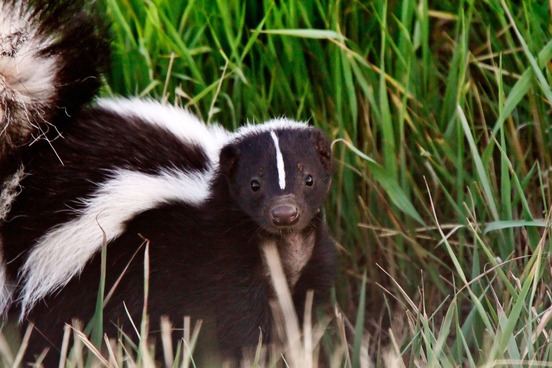Recently I read that 26 state names have been derived from Native American speech. I know English is a diverse language, containing words with many different origins, so this did not surprise me. Still, it did pique my curiosity.
I did a bit of research and yes, we’ve gotten a bunch of words from Native Americans. For starters, the Merrian-Webster website gives 40 examples.
One obvious category is place names. Examples include states (Illinois, Delaware, Massachusett, Iowa, Kansas, Alabama, Missouri), towns (Montauk, Biloxi, Cheyenne, Natchez, Wichita, Walla Walla, Yuma), lakes (Erie, Huron), and mountains & deserts (Apalachee, Mohave, Shasta).
Then there are words that have a clear Native American meaning, like tepee and powwow. But there’s also toboggan, which is Canadian French with an original origin in Algonquian.
Native American derivation also extends to trees. The hickory tree was named after a food the Algonquian speakers in Virginia called pawcohiccora, which was made with pounded nuts and water. English speakers used the name of the food for the tree itself, calling it pokahickory, which later became hickory. Pecan was derived from the Illinois word pakani, and persimmon from the Algonquian pessemmin.
Finally are the animals. We can thank the Ojibwa for giving us chipmunk (“red squirrel”); opossum is derived from an Algonquian word whose parts translate as “white” and “dog” or “small animal.” Raccoon, moose, and caribou are from Virginian Algonquian, Algonquian, and Micmac, respectively. And skunk was originally squuncke, taken from the Massachusett tribe, which got it from an Algonquian word whose parts translate as “urinate” and “fox” or “fox-like animal.”
As I said, it’s a bunch.
For more examples, visit https://www.merriam-webster.com/words-at-play/native-american-words/160 . The photo came from that site.
